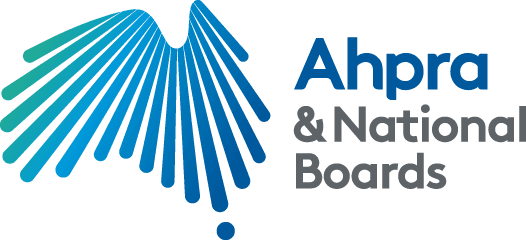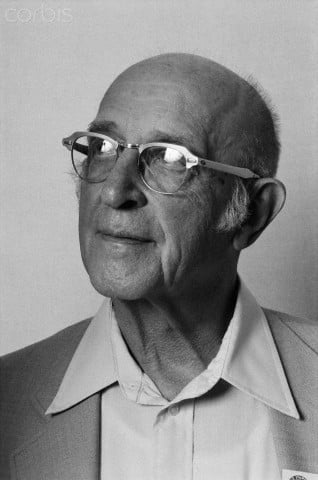CLINICAL SUPERVISION
Supervision is a collaborative endeavour that cultivates the professional identity, competence and practice awareness between two or more mental health professionals
Andrea Groom
NATURE, PURPOSE AND BENEFIT OF CLINICAL SUPERVISION
The nature of the supervisory relationship is one that is negotiated, developed and maintained through a collaborative, honest and accepting working alliance. This professional safe space allows the Supervisee to attune and develop their professional practice, clinical skills, self-confidence and relational style. Thus, enhancing their clinical practice, personal growth and development to the benefit of the client.
Andrea is an Assessor for the Rise up model of supervision in Western Australian Counselling Association (ACA) Supervisor Course. Andrea has 19 years experience of working within schools as a Counsellor and then as a Psychologist. She understands the development of school based programs, pastoral care and governance and is able to support others in this role. Andrea also has over 25 years of working within business development and can support others in their own private practice development. Andrea has presented for the ACA, a variety of schools and organisations. She has a passion for supporting others to realised their potential and flourish.
At connections WA we have AHPRA board approved supervisors who embrace growth by using The Seven-Eyed Supervision Model for Neuroaffirming Practice
The Client’s World
Understanding the unique experiences and perspectives of the individuals you support.
Your Interventions
Reflecting on the tools and approaches you bring to your sessions, and exploring their impact.
The Client-Practitioner Connection
Delving into the dynamic interplay and relationship that unfolds between you and your clients.
Your Inner Landscape
Exploring your own thoughts, feelings, and responses as a practitioner, recognizing how your unique neurocognitive profile enriches your work.
The Supervisory Relationship
Noticing the subtle echoes and patterns that emerge between us in supervision, offering deeper insights into your client work.
My Reflections as Supervisor
My own insights and observations, shared transparently to enhance our collaborative learning.
The Wider Ecosystem
Considering the broader systemic, organisational, social, and cultural contexts that shape both your practice and your clients’ lives.
Psychologist Supervision
- Registration
- Accreditation
- Notifications
- Compliance
- Professional standards

CLINICAL SUPERVISION
At Connections WA we provide individual and group supervision, face to face and online to the following:
- Counsellors (ACA registered)
- Mental Health Workers
- Social Workers
- Chaplins
- Other Counselling Mental Health Supervisors
RISEUP FRAMEWORK
Using the RISEUP framework (relationship-based integrated, supervision and education to unlock potential), for conducting supervision. This recognised supervision model explores all aspects of the Supervise functioning. Andrea Groom and her team, create a strong working alliance that opens up a safe space for exploration and vulnerability within supervision.
THE RISEUP MODEL:
- Best Practice
- Administration
- Counselling Skills
- Professional Development
- Self-Care
- Workplace




Supervision, best practice for all
Contact us and book in today to start your supervision journey with Connections WA.



